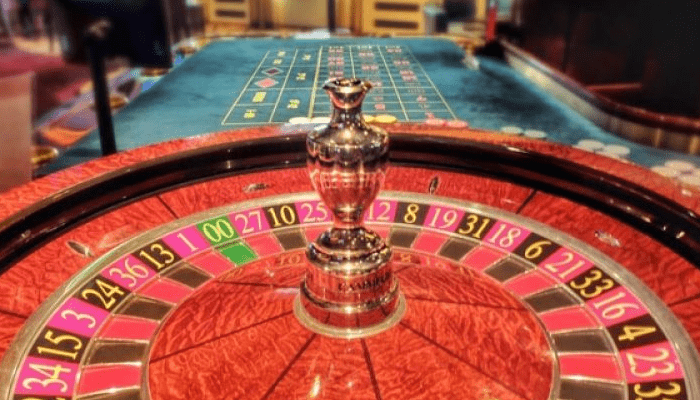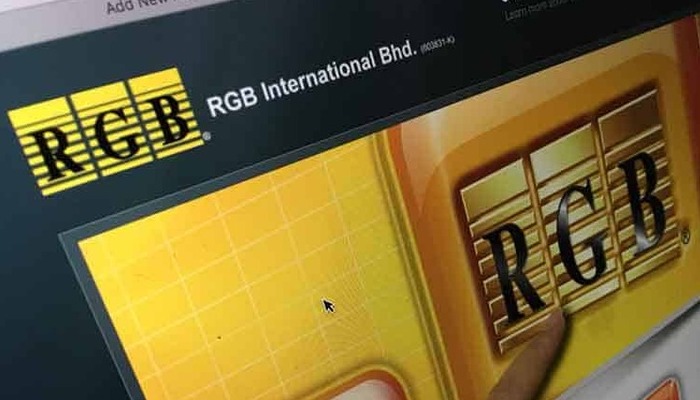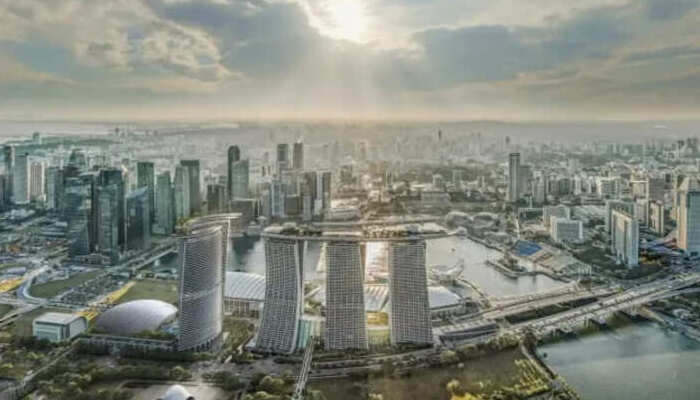
Experts say Vietnam Might Serve as a Regional Hub for High-Rollers
Because to its cheap operating costs and other favorable factors, Vietnam has the potential to serve as a regional hub for VIP casino gambling, according to numerous industry professionals. They recognize Vietnam’s potential despite Macau, the former center of high-roller activity in the Asia-Pacific, still being in transition as a result of recent legislative reforms.
Junkets, who have historically provided credit to predominantly Chinese mainland players and assisted in the collection of losses, are Macau’s traditional VIP play facilitators but are now under more scrutiny and compliance pressure. According to Lien Trinh, a partner at the law firm Bizconsult, which has its headquarters in the capital city of Hanoi, there is no particular licensing system in place in Vietnam for providers of gambling-related tours.
According to Macau veteran junket boss U Io Hung and industry consultant Ben Lee, the “fixed room model” that was once popular among that city’s junket operators has been adopted by Vietnam’s intermediaries for high-value foreign gaming customers, also known locally as “international tour operators” (ITOs).
The Vietnam ITOs, according to Mr. Lee, general partner of IGamiX Management & Consulting Ltd., are a “hybridized blend of Southeast Asian casual model with the Macau fixed room.” He said that most Southeast Asian junkets “move money through money changers in their own nation, and settle only after their players return home.”
Mr. Lee went on to describe the characteristics of a Southeast Asian junket: “They travel all around Asia, traveling from casino to casino in response to the demands of their players. The junkets rely mostly on the casino for all of their essential support services, but they occasionally station managers in-country if their [business] volume supports it. They do not have any fixed personnel stationed in the VIP rooms or casinos… and rarely have their own transportation.
Model from Macau components
According to Mr. U, the existing VIP gaming industry in Vietnam is comparable to “the old Macau junket model,” which was in use before the city put its new legal framework into place.
“You can observe the “fixed rooms” that junkets use for practice in Vietnam; it almost reminds one of the old Macau junket clubs. It is extremely “Macau” because there are promoters there who receive rolling commission or who divide gaming revenue [with the host casino],” Mr. U said.
The current gaming laws in Macau prohibit junkets from contracting the use of any casino property for their own operations and from sharing casino revenue in any way with their affiliated casino concessionaires.
The growth of integrated resorts in Vietnam may be able to take advantage of the fact that the junket industry in Macau has been essentially castrated, according to Mr. Lee.
A club affiliated with Let’s Win Group, an ITO in the Vietnam market, held what was dubbed a grand opening ceremony in late March at Hoiana Resort & Golf, a beachfront development featuring a foreigner-only casino in Vietnam’s Quang Nam province.
According to a recent news release from Let’s Win Group, a “Vietnam-based tourist and entertainment firm,” “more than 500” business professionals and visitors from Macau, Hong Kong, Malaysia, and Indonesia attended the opening ceremony and the celebratory meal that followed.
Minimal operating expenses and taxes
According to industry consultant Mr. Lee, Vietnam has the potential to become a gaming destination that attracts VIP players from China and Southeast Asian countries.
According to Mr. Lee, Vietnam is a desirable location because to its “cheap operating costs, open acceptance of international personnel and management, and its low effective tax rate.” According to him, Vietnam’s effective tax rate on VIP gambling was roughly 15% for every US$100 in gross gaming revenue (GGR).
In Macau, the effective tax rate is 40% directly levied on GGR, regardless of whether it applies to VIP or mass-market gambling. Although Macau’s updated regulatory framework has made it possible for distinct gambling zones for foreigners within Macau casinos, with the possibility that such play could be eligible for a lower tax rate on GGR, it is still 1 percentage point higher than the rate was prior to the new concessions that began on January 1.
According to Mr. U, the current rolling chip commission rate in Vietnam, which is currently about 1.5 percent, is also “more enticing” than the 1.25 percent cap in Macau.
According to lawyer Ms. Lien, there are no set licensing requirements or financial projections for providers of gambling-related trips in Vietnam. According to the Vietnamese Law on Tourism and its corresponding decrees, all tour operators operating either travel-only services, golf tours, or casino tours must adhere to the same licensing requirements.
However, Ms. Lien warned that lending money to foreigners is subject to limitations in Vietnam. The [Vietnamese] government effectively prohibits lending to foreigners. Only the government’s and credit institutions’ and organizations’ external lending is regulated by the Foreign Exchange Management Ordinance. This Law prohibits lending by individuals, said a partner with Bizconsult.
“Organizations should be registered with the State Bank of Vietnam for lending abroad,” she continued. Yet, in reality, it is quite challenging for a business to lend to foreigners in Vietnam.
According to Ms. Lien, if a junket lends money to a foreign gambler, Vietnam’s courts would not recognize the transaction. Should there be disagreements between the parties, the court could declare this transaction void because it is against the law, she continued.
While Vietnam may have various advantages in luring regional VIP players, Mr. Lee of IGamiX noted that the country’s “bureaucracy in relation to clearances, certifications, and forex [foreign exchange] regulations can be rather difficult.”
Other Interesting Articles
 Malaysian Police Crackdown on Illegal Gambling
Malaysian Police Crackdown on Illegal GamblingApr 5, 2023











